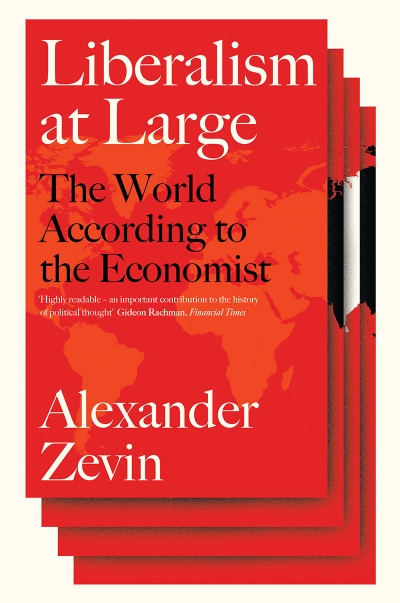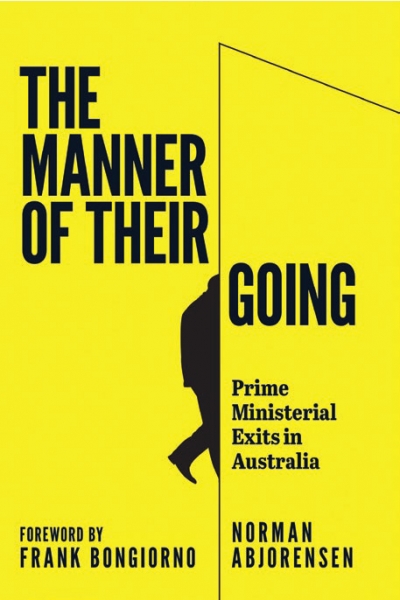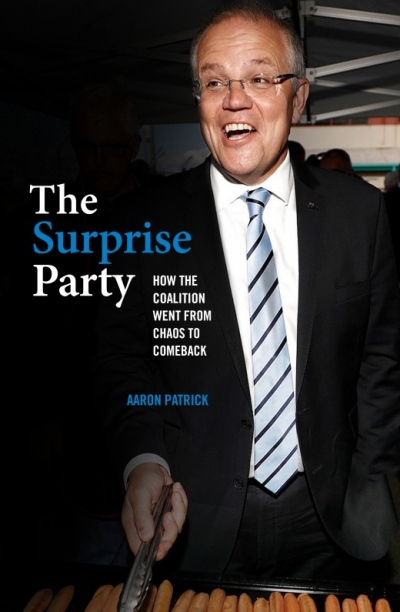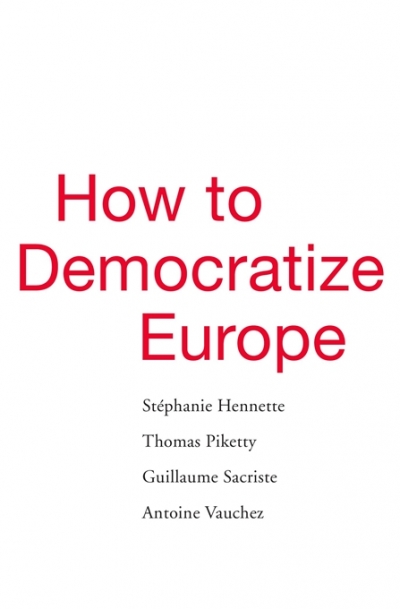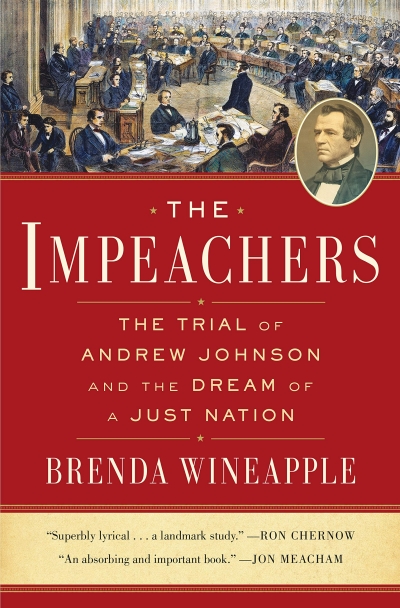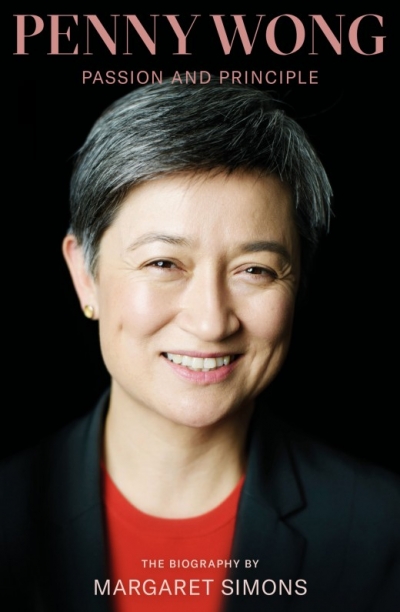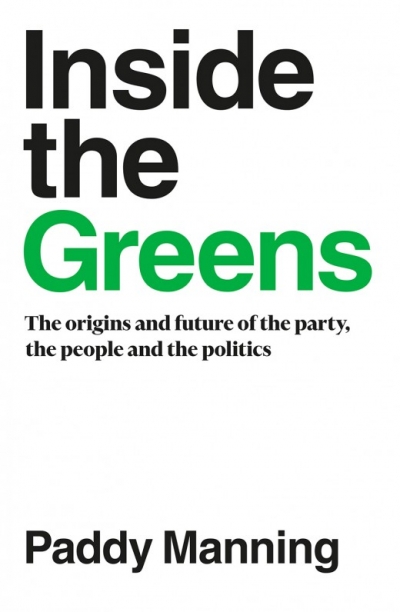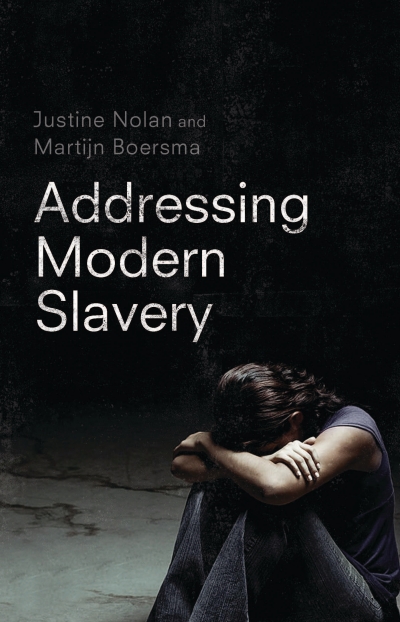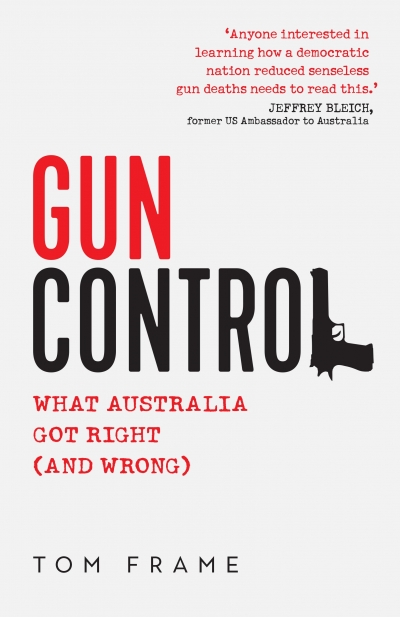Politics
Liberalism at Large: The world according to The Economist by Alexander Zevin
Few media institutions are revered across the mainstream political spectrum quite like The Economist. Since its founding in London in 1843, The Economist – which insists on calling itself a newspaper despite switching to a magazine format in the mid-twentieth century – has developed a reputation for intelligent, factual reporting and forthright advocacy for free trade and economic expansion. And it has weathered the digital storm far better than most publications, with print circulation now higher than it was prior to the arrival of the internet.
... (read more)The Manner of Their Going: Prime ministerial exits in Australia by Norman Abjorensen
How many of us would really want to be prime minister? The road to The Lodge is littered with depressing tales of ambitious politicians abandoning their friends, principles, and even their own authentic voice in order to secure the Top Job. Then, once you’ve fulfilled your life’s ambitions, voters and your own supporters are liable to tire of you and seek a new political hero. Nevertheless, prime ministers become accustomed to the power, public attention, and perks of office; they find it difficult to choose the ‘right time’ to leave office.
... (read more)The Surprise Party: How the Coalition went from chaos to comeback by Aaron Patrick
You didn’t have to be Antony Green to know that by seven o’clock on election night things were looking very bad for Bill Shorten. The problem itself wasn’t complicated. While all the available polling suggested that Labor would gain support, the majority of booth results said that Labor was going backwards. Numbers were breaking for Scott Morrison, with the Liberal National Party driving a bulldozer through Queensland, while expected Labor gains in Melbourne remaining stubbornly out of reach. Echoes of Don’s Party were hard to ignore.
... (read more)The import of this book is best summed up by pinching one of its section headings: ‘another Europe is possible’. In this other Europe, this better one, the ‘democratic deficit’ that has bedevilled the European project from the outset has finally found a satisfactory resolution. A dream? Not at all. For the authors of this book, it is a ‘realistic utopia’, fully achievable if the right measures are taken. All that is needed is an agreement on a treaty and the dismantling of a Trojan Horse.
... (read more)The Impeachers: The trial of Andrew Johnson and the dream of a just nation by Brenda Wineapple
Andrew Johnson’s first day in the White House was less than promising. Whether, as his supporters claimed, he was suffering from illness and had attempted to self-medicate or had simply been celebrating his new position as vice president, Johnson was devastatingly drunk. It was 3 March 1865, the Civil War was rapidly drawing to a close, and the recently re-elected President Lincoln was to deliver his second inaugural address. In prose that would eventually be inscribed across the walls of his marble memorial, Lincoln reflected on God, war, and the emerging challenge of how to rehabilitate a divided Union. The vice president’s words that day were barely decipherable and after prostrating himself before a Bible and subjecting it to a long wet kiss, he was quickly ushered away.
... (read more)Every biographer has a relationship with their subject, even if they have passed away. A real advantage for biographers of the dead is that the subject cannot say what they think about the book. The relationship between Margaret Simons and Penny Wong was fraught. That this mattered is evident from the opening sentence: ‘Penny Wong did not want this book to be written.’ Simons, a journalist, biographer, and associate professor at Monash University, uses her preface to complain about how difficult it was researching the book without Wong’s assistance and against her will.
... (read more)Inside the Greens: The origins and future of the party, the people and the politics by Paddy Manning
In 2016 John Kaye was dying. Once leader of the Greens in New South Wales, he had a final message for his party. ‘This isn’t and never has been about changing government … This is about changing what people expect from government.’ In our era, dogged by chronic distrust of parties and government, it might have served as a rallying cry for people to transform politics by demanding more of their representatives. But Kaye was a man of the left, and in the context of an impending election, as the Greens descended into vicious factional brawls over preselection for his seat, his words unleashed a storm of controversy over the direction of the party.
This is just one among many eruptions of internecine warfare over the purpose of the Greens chronicled in Paddy Manning’s comprehensive history. The survival of the party since 1992, despite the elaboration of a program, and despite its professed commitment to consensual democratic processes, has depended on its leaders: the iconic Bob Brown, then Christine Milne, and lately Richard Di Natale.
... (read more)It is a famous parable. If a frog is dropped in boiling water, it will immediately leap out. But if placed in tepid water that is gradually heated, the frog will not notice the increasing temperature until it is boiled alive. The parable may be biologically inaccurate, but it remains instructive in the context of civil liberties ...
... (read more)Addressing Modern Slavery by Justine Nolan and Martijn Boersma
When the Bill that became the Modern Slavery Act 2018 (Cth) was introduced into the federal parliament, it was accompanied by a grim message: two centuries after the abolition of the slave trade in the United Kingdom, it is estimated that there are twenty-five million victims of modern slavery worldwide. It also came with a bracing if Panglossian promise: t ...
Gun Control: What Australia got right (and wrong) by Tom Frame
This is an unusual book. It is, so the title indicates, about guns and firearm regulations in Australia, with some comparison to the United States. But, as a prefatory note to readers cautions, ‘this book is less about guns and more about the continuing tension between the authority and power of the state and the responsibilities and entitlements of citizens ...
... (read more)

